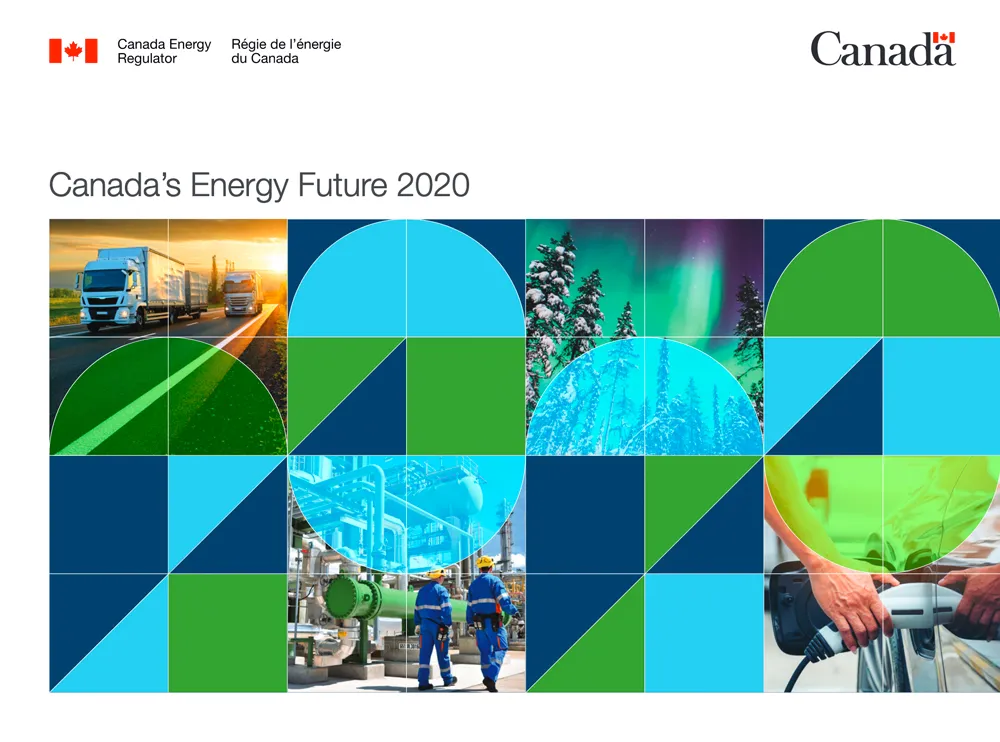OTTAWA — Nichole Dusyk, senior federal analyst at the Pembina Institute, made the following statement in response to the release of Canada’s Energy Future 2020 report by the Canada Energy Regulator:
“While we commend the CER for introducing a discussion on achieving net-zero emissions by 2050, the scenarios modelled in the report are still not aligned with commitments set out in the Canadian Net-Zero Emissions Accountability Act. This model of Canada’s energy future is not consistent with the future that Canada has committed to in the Paris Agreement.
“This report acknowledges that far more action is needed to deeply transform Canada’s energy system in order to meet Canada’s net-zero goal. The 2021 edition will need to include a fully-modelled scenario that describes a domestic economy that reaches net-zero emissions by 2050 and is well suited to compete in a global economy that is successfully limiting warming to 1.5 degrees Celsius.
“Canada’s Energy Future report is the federal government’s flagship energy supply and demand outlook that provides a view of how energy will be produced and used in Canada for the next three decades. As such, it is an essential tool for planning how technological and policy options will help achieve net-zero emissions and, ultimately, ensure Canada’s competitiveness in a fast-decarbonizing world. There is no time for delay.”
Benjamin Israel, senior fossil fuels analyst at the Pembina Institute, also made the following statement:
“Canada’s Energy Future 2020 report does not reflect the range of recent scenarios for global oil demand, such as those recently released by the International Energy Agency and BP, where demand is predicted to fall by 50 to 75 per cent over the next 20 to 30 years in order to achieve net-zero emissions.
“The energy sector is changing globally, with ramifications for the future of Canada’s oil and gas sector as well. Leadership and vision are needed to help Canada’s oil industry successfully adapt to this new reality. The first step will be developing realistic scenarios for likely declines in global oil demand and a pathway consistent with Canada’s stated objective to achieve net-zero emissions by 2050.”
[30]
Contact
Sarah MacWhirter
Director, Communications, Pembina Institute
416-389-7465
Background
Blog:
- For Canadian oil companies, time to decarbonize is running out
- Evaluating the climate ambitions of Canadian oil companies
- Why Canada's Energy Future report leads us astray
Report:
About the Pembina Institute
The Pembina Institute is a non-profit think-tank that advocates for strong, effective policies to support Canada’s clean energy transition. We have offices in Vancouver, Calgary, Edmonton, Ottawa and Toronto. Learn more: www.pembina.org




